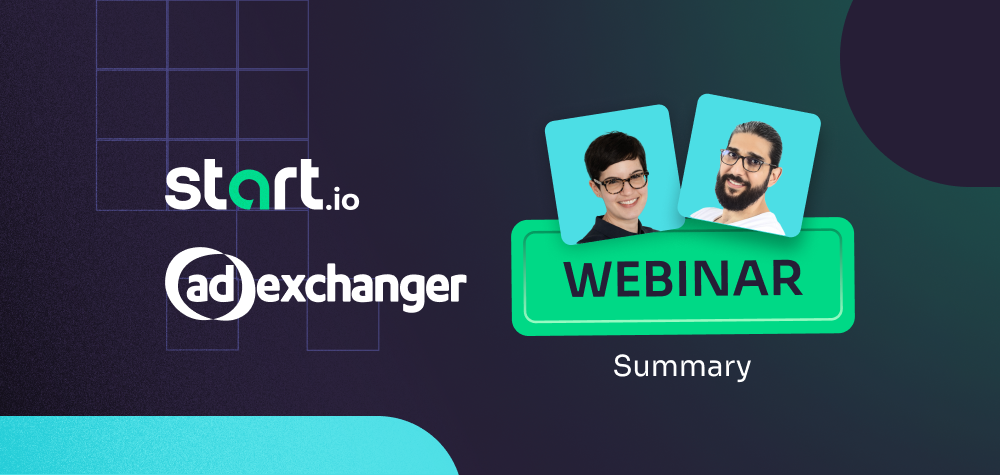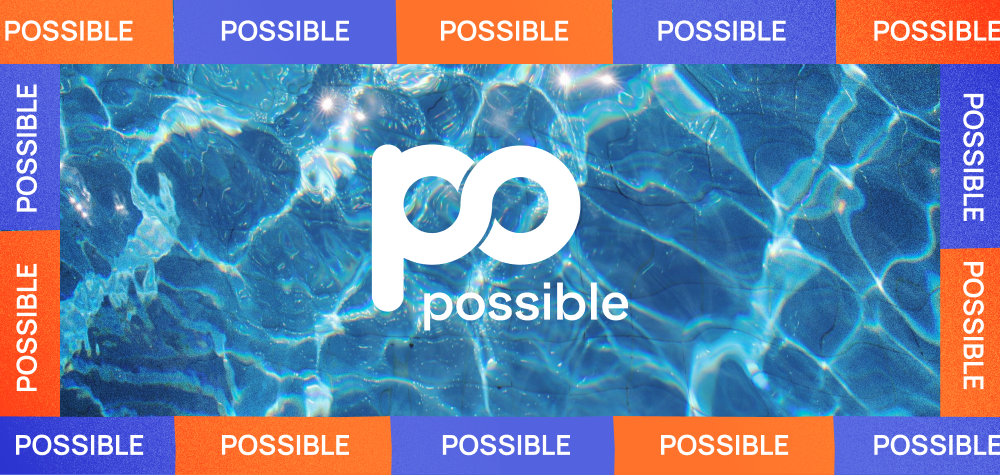Google kicked off the new year by forcing an estimated 30 million people to quit cookies for good—at least on the Web.
In early January, the company permanently cut off third-party cookies for roughly 1 percent of Google Chrome users. They’d like to turn off cookies on Chrome for all users by the end of the year.
This change represents a paradigm shift for the adtech industry, which spent decades building multibillion-dollar businesses on cookies and other advertising identifiers.
“For the user, [the death of cookies] is great,” Start.io Senior Vice President of Product & Engineering Andrew Younan said on a recent webinar hosted by AdExchanger. “The adtech industry will need to evolve to continue what they’re doing.”
Killing cookies is just the start: Similar privacy-centric policies are coming soon to Android. Within a few years, Google will put up walls that limit third-party access to user data across all Google products.
The death of cookies does not mean the death of targeted advertising, Start.io Chief Revenue Officer Ravit Ross said on the webinar.
“This is a massive shift for the industry, but it will create new opportunities for growth,” Ross said.
At a high level, Google devices and products have traditionally sent troves of consumer data to third-party software platforms, which used that data to build consumer profiles for ad targeting. On Chrome, this was done using third-party cookies, and on Android, it was done using Mobile Advertising IDs, or MAIDs.
In the future, consumer data will remain on the consumer’s device and won’t get shared with third-party companies. Instead, when someone lands on a website or opens a mobile app, their browser or mobile phone will share a limited set of the consumer’s interests—for example, hiking, running shoes, and their desire to buy a new family car.
Advertisers will use these interests provided by Google, augmented with other data from platforms like Start.io, to deliver relevant ads in real-time.
On the webinar, 46 percent of respondents said their companies were equally concerned about the deprecation of third-party cookies and MAIDs. Nearly half of respondents said they would rate their company’s readiness for this change at between 50 percent and 0 percent.
The majority said they planned to use both internal and external solutions to get their companies ready for the privacy shift.
A major opportunity lies in the return to publishers investing in first-party data for contextual targeting. For example, asking people to log in to their website or mobile app, and building unique consumer profiles based on the content they consume.
Watch the full conversation hosted by AdExchanger here: “2024 Trends and Planning – Introducing an ID-less World.”



